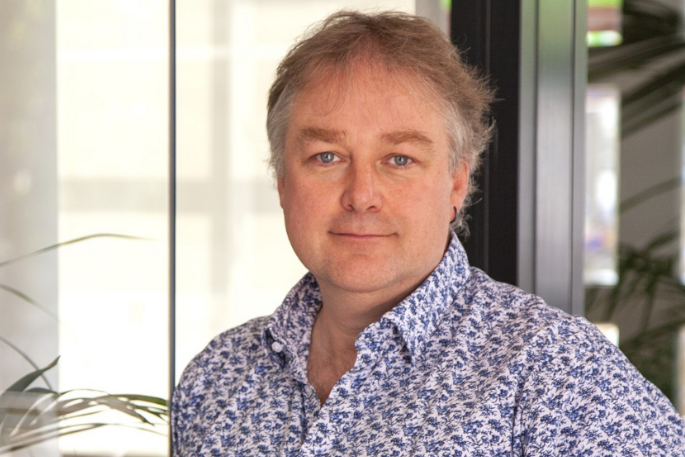Independent research institute PlantTech has changed its status to a not-for-profit incorporated society to underline its breadth of scope and better reflect the growing demand on its services.
The change to the organisation, which responds to demand amongst Aotearoa New Zealand's primary sector for increased ability to leverage artificial intelligence - AI - and data science for competitive advantage, also creates an opportunity for new board directorships.
'It is the start of a new chapter. Our team welcomes everyone on board and we look forward to working with our new and past members, many of whom have been with us since our inception three years ago,” says PlantTech Chief Executive Officer Mark Begbie.
The collaborative partnership was founded in 2019 by horticultural-aligned companies from the Bay of Plenty who have strengths in plant-based technology and innovation. A new board will now be formed and applications from around New Zealand are encouraged to join this nationally significant institute.
'Over the coming weeks we will further engage with our members around our strategic research and business plans as we map the path forward,” says Mark. 'There will be a Special General Meeting in June, at which the membership will vote in the new board to take over from the transitional board in place.”
The Incorporated Society model underlines the scope of work PlantTech has undertaken since its inception and welcomes diversified members under its new structure to meet the needs of growing horticultural and plant industries across the country.
'As we enter a new phase, our focus will be on cementing the capabilities we have established, scaling our capacity to deliver from these, and delivering substantial value, whilst serving a wider and somewhat more diverse demographic,” adds Mark.
'PlantTech has grown beyond the Bay of Plenty, moved into new crops, and is working with significant corporates and CRIs, complementing their strengths with ours and accelerating the transition of technology into commercialisation.
'Quite simply, we exist to help businesses in the horticulture sector thrive. Not by developing competing products or doing research for research's sake. But by stretching the innovation goals of the businesses themselves, challenging the industry, delivering tools, R&D, supporting skills increase, and practical solutions that are all demand-driven and relevant right now.”
Strengthening Aotearoa New Zealand's position as a high-performing, knowledge-intensive economy is central to PlantTech's remit. To do this PlantTech has turned the traditional research model on its head.
'We differ from other research providers,” says Research Director Ian Yule. 'We are much more closely aligned to industry, our research agenda is informed by industry, and our goal is to find answers to industry problems.”
Five years ago, New Zealand didn't have a compelling answer to the challenge of delivering economic and societal benefit from its research base. The idea behind PlantTech was to create a research institute based on delivering high value crop systems using AI and machine learning (ML). Three years on the organisation has navigated its way to establish credibility and acceptance within the science system.
'We have had to work to get our message across about who we are and what we are here to do and why we are different to other groups, and that we are not here to compete with existing structures.”
There is a difference in the way PlantTech approaches research. It is moving away from the traditional kind of curiosity-driven, project-specific or field experimentation approach where the results are extrapolated to the rest of the industry, to a more data science driven approach that gathers data and finds practical solutions to commercial problems through research and analysis.
'We gather data from the whole of the industry,” says Ian. 'We can gather data from thousands of hectares and put it all into one mathematical model, and then analyse that data to see what the patterns are – so it is quite a different approach. We turn up things others may miss, or wider patterns and interactions that have never been investigated.”
Recent highlights include the opening of a satellite office in Palmerston North for PlantTech's team of research scientists to be closer to the Manawatu agritech research hub and pip fruit industry- already paying dividends as work gets underway on a digital apple crop estimation project in Hawke's Bay.
Part of the project will assess how effective image-based tools can be in the orchard to find, for example, how many apples are in full view of the camera, how many are hidden behind leaves, how many apples can be counted, what is the accuracy of apple size or weight prediction from the images.
'Part of PlantTech's research strategy is keeping ahead of trends to predict and respond to future challenges. This necessitates gathering data from across the industry which can be extracted and analysed to be transferred into different strategies and commercial-ready projects,” says Research Scientist and Project Lead Henry Kirkwood.
Work has already started on a digital apple crop estimation project working with Envy, JAZZ and Rockit apple varieties.



0 comments
Leave a Comment
You must be logged in to make a comment.